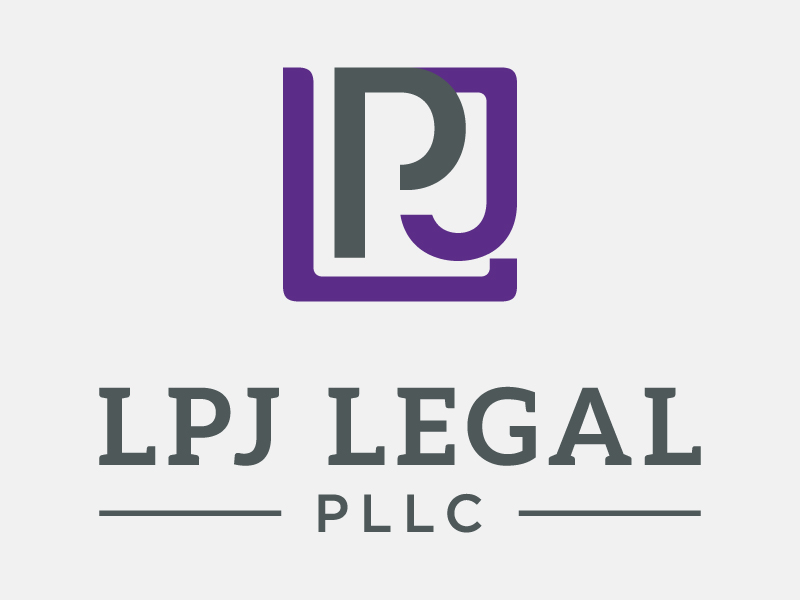Congratulations! You’re either franchising in Georgia, or considering taking this important step. To ensure business compliance, partner with the experts at LPJ Legal, who specialize in franchise law in Georgia, Washington D.C. Maryland, and Virginia.
New to LPJ Legal? We’re a dedicated group of experienced and highly credible legal professionals, proudly representing clients both locally and internationally with domestic offices in D.C., Maryland, Virginia, and Georgia. At LPJ Legal, we believe that a law firm should be more than a legal resource; it should be a trusted partner. Our team is committed to safeguarding our clients’ businesses, properties, and futures, providing powerful legal insights to help ensure their success. To become a franchise client, visit the LPJ Legal website, or call us directly at 202-643-6211.
📌1. Is franchise registration required in Georgia?
No. Georgia does not require franchisors to register their FDDs with the state. However, franchisors must comply with federal regulations and the Georgia Fair Business Practices Act.
📌2. What is the Franchise Disclosure Document (FDD)?
The FDD is a legal document provided by the franchisor that contains essential information about the franchise, including the company’s history, fees, legal issues, and financial statements. It must be provided to prospective franchisees at least 14 days before any agreement is signed or payment is made.
📌 3. Is there a Georgia agency that oversees franchise laws?
Not specifically. While there’s no state-level agency overseeing franchise registration, Georgia’s Fair Business Practices Act is enforced by the Georgia Attorney General’s Consumer Protection Division, which may investigate deceptive or fraudulent practices.
📌 4. Are franchise advertisements regulated in Georgia?
Not uniquely. Georgia does not require pre-approval or filing of franchise advertisements. However, ads must still be truthful and not misleading under federal and state consumer protection laws. The Georgia Attorney General’s Consumer Protection Division oversees the enforcement of these advertisements.
📌 5. What should I consider before buying a franchise in Georgia?
According to franchise.org, prospective franchisees should evaluate:
- Their financial capacity to invest
- Any relevant background and skills
- Their willingness to adhere to franchisor rules
- Their understanding of the franchise agreement
- Due diligence, which includes contacting existing franchisees and reviewing the FDD thoroughly. To ensure compliance, sit down with your lawyer and have them explain the FDD in detail.
📌 6. Are there any ongoing fees after purchasing a franchise? What kind of support can I expect from the franchisor?
Yes. Franchisees typically pay ongoing royalties and advertising fees, usually calculated as a percentage of gross sales. These fees fund the franchisor’s support services and marketing efforts.
Franchisors often provide training programs, marketing support, operational guidance, and ongoing assistance to help franchisees succeed. The extent and quality of support can vary, so it’s essential to understand what is offered before committing.
📌 7. How can I verify a franchisor’s credibility in Georgia?
While Georgia doesn’t require franchise registration, you should still verify a franchisor’s credibility by:
- Reviewing the FDD
- Contacting existing and former franchisees
- Researching any litigation history
- Consulting with your franchise attorney
📌 8. Do I need to form a new business entity in Georgia?
Not necessarily. You can operate under your out-of-state entity, but you’ll need to register as a foreign entity, file annual registrations, and maintain a Georgia-based registered agent to stay in good standing.
What is a foreign entity? How do I expand my business into another state?
📌 9. What should I know about the franchise agreement?
The franchise agreement is a legally binding contract outlining the terms and conditions of the franchise relationship.
Key components typically included:
- Franchise fees (initial and ongoing)
- Territory rights (geographic area the franchisee can operate in)
- Trademark & brand usage rights
- Operational guidelines and standards
- Marketing and advertising requirements
- Training and support obligations
- Duration and renewal terms
- Termination clauses and dispute resolution
It’s essential to review this document carefully, preferably with a franchise attorney, to understand your rights and obligations.
📌 10. Should my franchise agreement include any Georgia-specific clauses?
Yes. Tailoring your franchise agreement to reflect Georgia’s laws and consumer protections is smart. This includes acknowledging the lack of registration requirements and selecting appropriate jurisdiction and venue provisions.
🔍 Franchisors, what state are you in?
If you are considering a Washington D.C. franchise, or a franchise in one of our other practice areas, LPJ Legal is ready to work with you.



